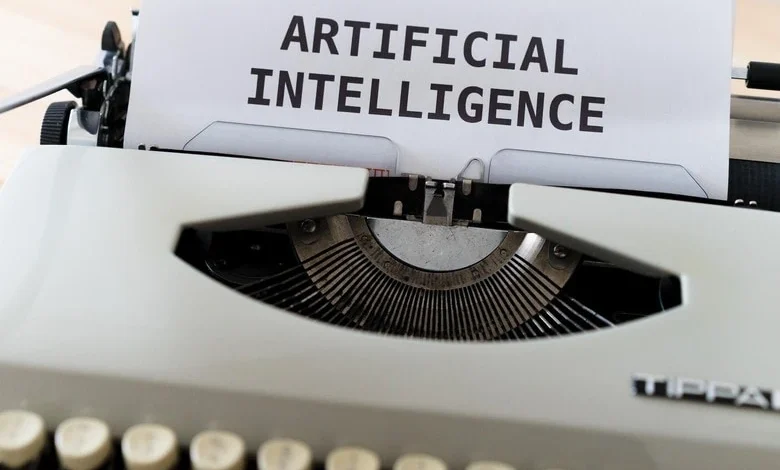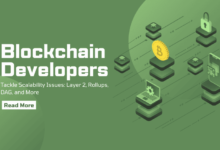Plagiarism Detectives: AI’s Role in Upholding Essay Authenticity

If you have at least some knowledge of AI writing tools, you’re probably aware that the texts they produce are supposedly unique. However, suppose you compare reviews of AI tools to EssayPro reviews out there. In that case, you will see that the lack of outright copied content in AI-generated tools is not the same as actual originality. Sounds alarming? Let’s explore this problem in more detail, then.
The AI Conundrum
The common view of AI tools, including writing and AI-detecting ones, is that they embody efficiency and accuracy. To an extent, they do, as they can produce diverse and mostly error-free content. However, you must also realize that no AI tool comes even close to a skilled human expert.
The problem with AI writing is that it lacks one of the critical qualities required to produce a good text—genuine creativity. By their very nature, AI tools are limited to processing and reassembling the data they have been fed. They can’t originate ideas or express personal insights. They produce content that, while polished, lacks depth and originality.
As to the AI-detecting tools, they aren’t reliable. They do detect AI-generated content (which is one of the reasons why it’s always better to hire a human writer than use an AI generator). However, their ability to detect non-human content is far from flawless. For example, numerous studies show that AI detectors often mark content written by a non-native English speaker as AI-generated.
The Human Edge in Detecting Plagiarism
The same goes for detecting plagiarism in texts. AI plagiarism detectors can identify non-human content if the source was poorly paraphrased or copied. They will effectively spot the plagiarised parts of the text. So, AI detectors are perfectly fine for a surface-level analysis.
However, AI won’t be enough if you need a deeper examination and want to determine if the text you’re reading contains plagiarized ideas or examples. It is incapable of identifying idea-level plagiarism, which is why it’s poorly suited for checking the originality of such texts as, say, college essays.
Moreover, if you’re using an AI tool to write a paper for you, it’s quite a significant risk from the originality standpoint. Even if you edit the text afterward so it is not to be flagged as AI-generated, there is still a high chance of it containing content-level plagiarism (for example, ChatGPT may rephrase an idea by some famous scholar in your field without citing the source).
So, if your college is strict regarding academic integrity, you’re better off with a human writer. Feel free to check the EssayPro review —you’ll see that a decent writer is the way to go if you need an entirely original text. They know all the rules of referencing and citing, so the texts they produce are much safer regarding plagiarism.
Beyond the Binary Code
Because of the binary nature of AI, it treats texts as mere data. It’s incapable of understanding the layers of cultural, historical, or personal context that give depth to writing. That’s why even a human eye can easily spot an AI-generated text—it reads generic, impersonal, and frankly, boring. Reading an article or a college paper written by AI is like eating unseasoned chicken. It’s alright but utterly unenjoyable.
Now, back to plagiarism detection. When a human writer writes or edits a text, they use their experience, understanding, and personal judgment. They can delve into the deeper meanings of texts to recognize the writer’s voice, the subtleties of their argumentation, and the originality of their perspectives. This makes a person way more effective and accurate at detecting (or avoiding) plagiarism than AI.
Also Read: Identity in the Cloud: Exploring the Possibilities of AI Avatars
Nurturing Originality
There’s one more reason to avoid AI writing tools and delegate your writing assignments to a professional writer (ideally, while working on your writing skills). Writing is more than just assembling words; it’s a process of thought development, personal expression, and communication. Simply asking ChatGPT to write all your schoolwork means you’re missing a chance to become a great writer.
On the other hand, human mentors can offer guidance and support to learn how to write concisely, coherently, and persuasively. It’s a great idea to write at least the first draft of every assignment yourself and then hire a professional writer to polish it to perfection. This way, you are learning and upholding a high GPA at the same time.
Why a Human Writer Is Always Better than an AI Writing Tool
To further expand on our earlier point about the superiority of human writers over AI writing tools, here are a few more reasons to hire an expert instead of trusting ChatGPT or another similar tool mindlessly:
- Depth of emotion and experience. Humans bring personal experiences and emotions to their writing, which adds depth and nuance that AI can’t replicate.
- Creativity and innovation. Human writers can creatively think and innovate; they can present new ideas and perspectives. AI, which is limited to what it has been programmed with, can’t.
- Understanding context. Humans have an innate ability to understand subtle nuances and cultural contexts. That’s something that AI is simply incapable of, at least at the moment.
- Adaptability to feedback. Human writers can learn and adapt from feedback. As a result, they continually improve their skills in ways that AI tools can’t.
- Ethical considerations. Human writers can make moral judgments about their writing, which ensures responsibility and integrity in their work.
And that’s just the tip of the iceberg. An honest takeaway would be that at this point in their development, AI tools are nowhere near humans’ expertise in writing or detecting unoriginal content.
TL;DR
So, if you’d like our final verdict on AI-generated vs. human writing, here it is: no AI writing tool can produce an original essay or research paper. It’s merely using its paraphrasing abilities to rewrite the information it already has (or is tasked with googling). No AI tool can spot idea-level plagiarism, either. That’s why hiring human writers for both writing your assignments and checking their uniqueness makes sense.







